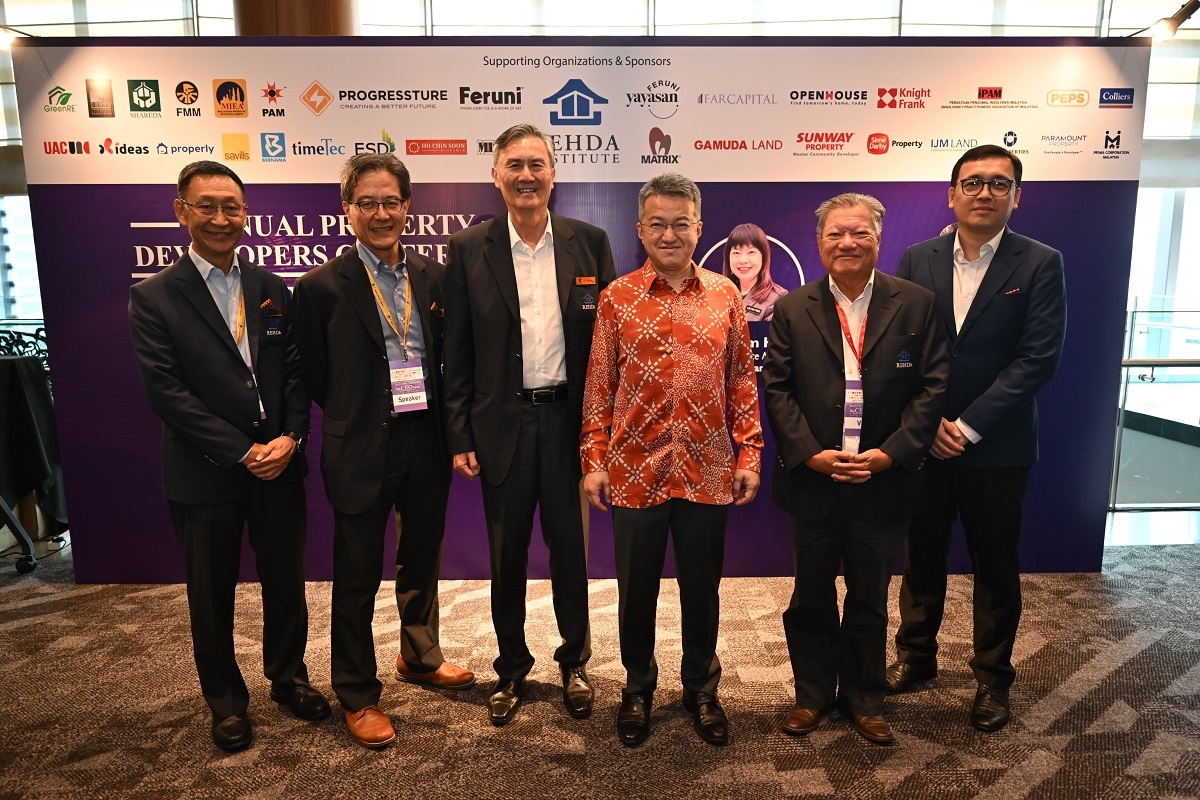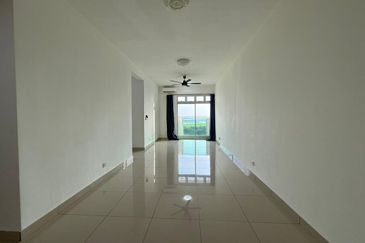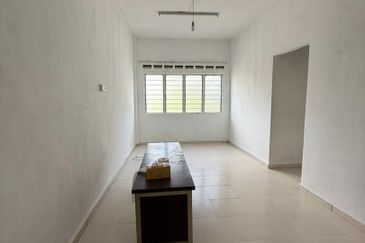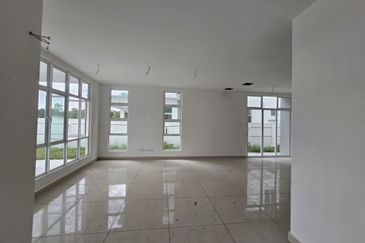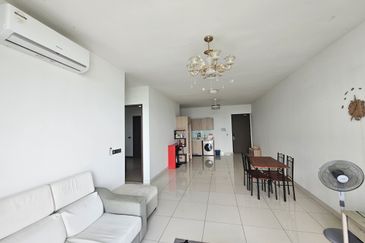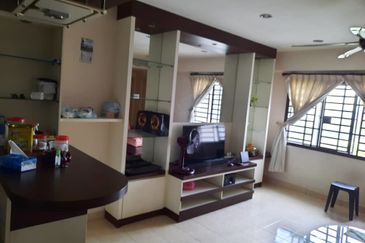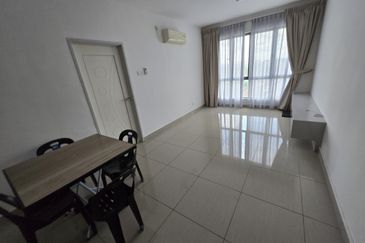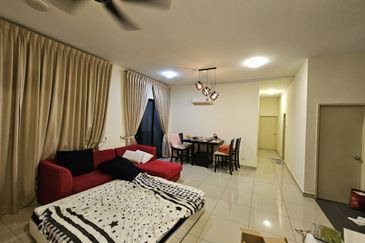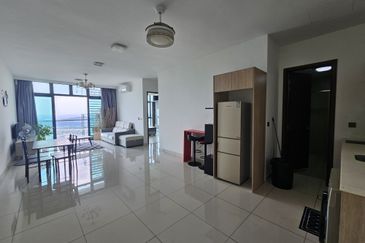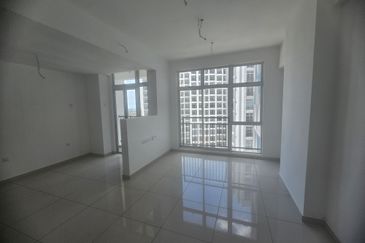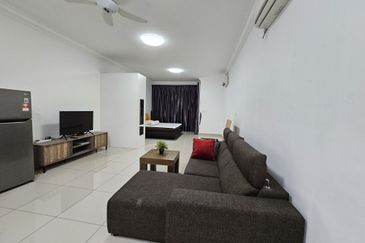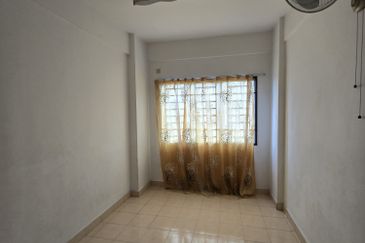- “Turning KL from a 12-hour city to a 24-hour city, bringing universities and R&D centres, and creating rental housing in the inner city retrofitted from older buildings, could be transformative for KL.”
PETALING JAYA (Jan 16): Kuala Lumpur is now at an inflection point and a mindset shift is needed to end sprawling and bring life back to the inner city, said Investment, Trade and Industry (Miti) deputy minister Liew Chin Tong.
Liew was addressing real estate leaders in a special keynote address on "Malaysia's New Economic Takeoff: 2025 strategies” at the CEO Series 2025 Economy & Business Forum, organised by Rehda Institute, the training and research arm of the Real Estate and Housing Developers' Association Malaysia (Rehda) at Le Meridien Hotel here today.
“Turning KL from a 12-hour city to a 24-hour city, bringing universities and R&D centres, and creating rental housing in the inner city retrofitted from older buildings, could be transformative for KL,” he said.
He highlighted the success of Australia’s Melbourne’s revival, suggesting KL could achieve similar results by capitalising on its improved rail connectivity and infrastructure to attract more workers.
Liew also highlighted the untapped potential of industrial parks in prioritising ecosystems, particularly in fostering talent retention and domestic supply chain linkages.
“Malaysia doesn’t have a talent problem,” he said, emphasising the need to rethink ways to keep Malaysian talents in the country. “It has a pay problem. If you pay two-thirds of Singapore pay, most Malaysians would happily come back to work in Malaysia.”
A recurring theme at the conference was Johor’s pivotal role in Malaysia’s growth. The Johor-Singapore Special Economic Zone (JS-SEZ) is expected to attract US$15 billion (about RM67.54 billion) in investments by 2030 and the zone’s focus on advanced manufacturing and green energy positions Johor as a strategic gateway for ASEAN (Association of Southeast Asian Nations) investment.
"Johor’s continued momentum is evident, with infrastructure investments and a doubling of market capitalisation for listed developers in the SEZ, reflecting strong private sector confidence," noted Rehda Institute chairman Datuk Jeffrey Ng in his welcome address.
The property market in Johor, too, is showing signs of recovery. "From 2014 to 2023, we experienced stagnation due to policy changes like the removal of the DIBS (Developer Interest Bearing Scheme). Now, we are entering an upcycle, with renewed interest and strong fundamentals driving growth," Ng added.
Ng concluded that forming bilateral joint ventures or business consortiums with Singaporean partners, especially in the SEZ or beyond Johor, will drive business future growth and expansion.
EdgeProp.my is currently on the lookout for writers and contributors to join our team. Please feel free to send your CV to [email protected]
Looking to buy a home? Sign up for EdgeProp START and get exclusive rewards and vouchers for ANY home purchase in Malaysia (primary or subsale)!
TOP PICKS BY EDGEPROP
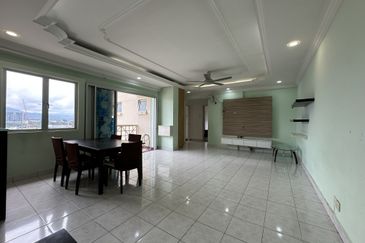
Menara D Sara Condominium
Bandar Sri Damansara, Selangor
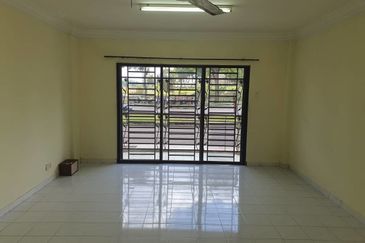
Seri Mutiara Apartment, Bandar Baru Seri Alam
Masai, Johor
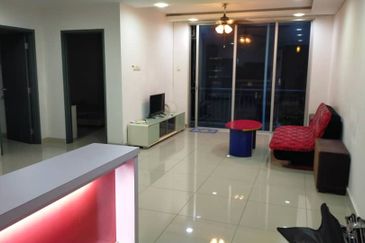
D'Ambience Residences (Ikatan Flora), Bandar Baru Permas Jaya
Permas Jaya/Senibong, Johor
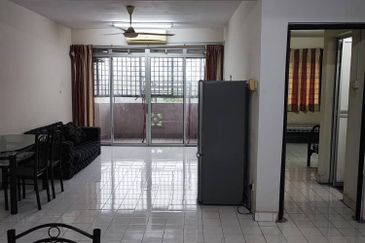
Apartment Tanjung Puteri Resort
Pasir Gudang, Johor

